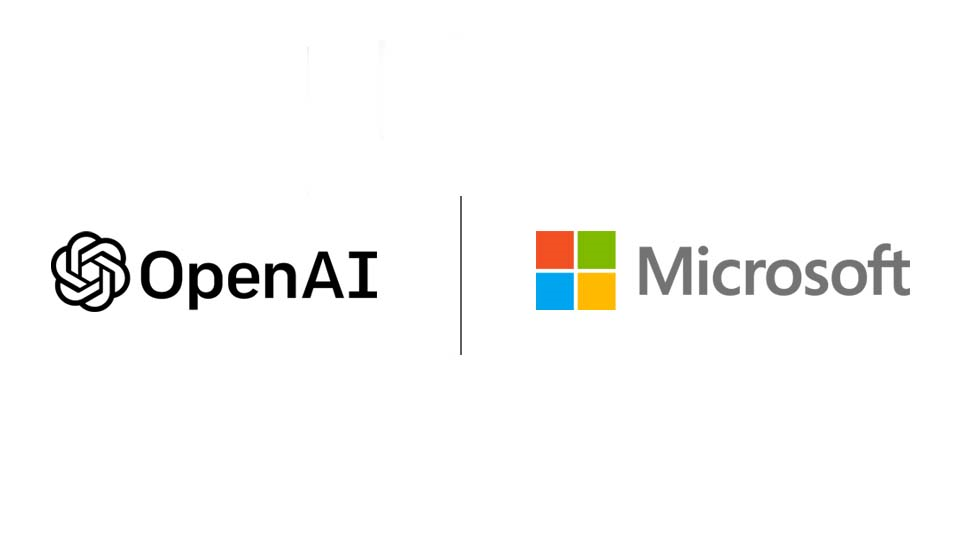This "restructuring" is classic Silicon Valley relationship drama. OpenAI's nonprofit mission was always marketing bullshit once they started taking billions from Microsoft. Now they want to be a regular for-profit company without giving up the nonprofit money train.
The Money Grab
OpenAI's nonprofit board gets to keep $100 billion out of a $500 billion valuation. That's 20% of the company for basically doing nothing except being the original nonprofit shell. It's the most expensive consulting fee in corporate history.
This deal is supposed to solve the "problem" of a nonprofit controlling a commercial AI company. But the real problem was pretending they were a nonprofit while building a product to maximize shareholder value. Now they're just making it official.
OpenAI's Diversification Strategy (Translation: Cheating)
OpenAI has been shopping around for other partners while still married to Microsoft:
- Oracle deal: $300 billion for data centers because Microsoft's infrastructure isn't enough anymore
- Google cloud contract: Working with Microsoft's biggest competitor in cloud services
- Technology sharing renegotiation: Whether Microsoft gets exclusive access to their models
This is OpenAI saying "Microsoft, you've been great, but we're seeing other people now." Meanwhile Microsoft is building their own AI models to reduce dependence on OpenAI. Classic tech industry marriage: both sides are already planning the divorce.
Regulatory Reality Check
California and Delaware AGs have to sign off on this shit. Converting a "nonprofit" into a $500 billion company is going to raise some awkward questions about whether this was the plan from day one.
OpenAI wants to finish by end of 2025 because billions in funding depend on completing the conversion. If regulators drag their feet, the whole deal could collapse. Nothing says "mission-driven nonprofit" like threatening to lose funding if you can't become capitalist fast enough.
What This Actually Means
Microsoft and OpenAI are frenemies now - friends when they need each other's resources, enemies when they're competing for the same customers. Microsoft is embedding OpenAI tech in Office while simultaneously building competing AI models. OpenAI is using Microsoft's cloud infrastructure while shopping for alternatives.
This is what happens when you try to build artificial general intelligence through corporate partnerships. Everyone wants to own the future of AI, but nobody wants to share control. So you get these awkward arrangements where companies pretend to collaborate while secretly preparing to compete.
The real lesson? OpenAI's "nonprofit mission" lasted exactly as long as it took to raise $10 billion. Now they're just another tech company trying to go public and make their founders obscenely wealthy.
But honestly, maybe that's not entirely a bad thing. The nonprofit structure was always weird for a company burning $5 billion annually on GPU clusters. At least now they're being honest about what they are: a very expensive AI research lab that needs investor money to keep the lights on.
The bigger question is whether this actually changes anything for developers using their APIs. My guess? Probably not in the short term. They still need Microsoft's Azure infrastructure to serve GPT-4 requests, and Microsoft still needs OpenAI's models to compete with Google's AI offerings. The divorce papers are filed, but they're still sharing the apartment.
